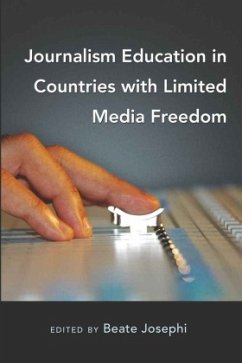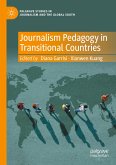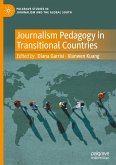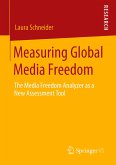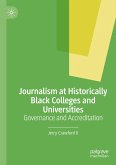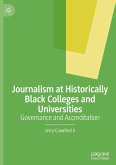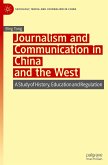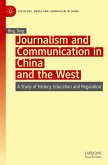Since the 1990s journalism education programs have expanded exponentially around the world, but media freedom has not. Globally comparative, this edited volume assesses journalism education and the challenging environment in which it is delivered in countries with a partly free or not free status according to global press freedom. The countries covered include China, Singapore, Cambodia, Palestine, Oman, Egypt, Kenya, Tanzania, Brazil, Russia, Romania, and Croatia.
Contributors demonstrate through careful analysis that wealthy nations are able to set the terms of their journalism education while less affluent countries are more open to the influence of foreign NGOs. Although this book evidences the disconnection between what is taught and what can be practiced, it also illustrates the degree to which journalism education can be an agent of change.
Contributors demonstrate through careful analysis that wealthy nations are able to set the terms of their journalism education while less affluent countries are more open to the influence of foreign NGOs. Although this book evidences the disconnection between what is taught and what can be practiced, it also illustrates the degree to which journalism education can be an agent of change.
«Journalism education, surrounded by 'media tsunamis', continues to expand as a crucial area of professional and academic life. It gets to the roots of media-society relations. This volume gives important food for thought to the problematic classification of countries to free, partly free, and not free.» (Kaarle Nordenstreng, University of Tampere)

